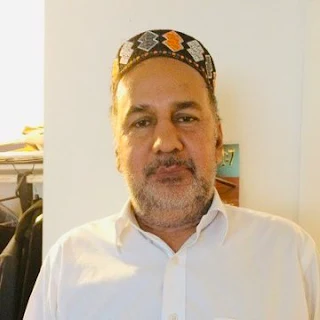Alhamdulillah Summa Alhamdulillah, it is purely by the grace of Allah that I continue my sermon on the subject of duahs.
In Bukhari's book of Hadiths, Kitab’ul Manaqib, there is mention of a duah for Hadhrat Jabir Bin Abdullah (ra). The introduction is as follows: the narrator relates that Hadhrat Jabir (ra) said: My father Abdullah died in a state where he was in debt... and certainly it is very important that when someone dies leaving a debt/ some debts, then the first thing to do is that his children have to repay his debts.
Hadhrat Jabir (ra) said: I was very worried because there were only a few dates with me [in my property], and that was not enough to pay off all of his debts. So I went to Hadhrat Muhammad (pbuh) and said to him: These few dates that I have are not enough to pay off my father's debts, and I [then] have to keep paying that debt for many more years... and he said to the Holy Prophet (pbuh): “Come with me, so that his creditors don't abuse me.”
Since his creditors were all Muslims, he thought that when they would see Hadhrat Muhammad (pbuh) with him, they would not abuse him. Hadhrat Muhammad (pbuh) told him to go and collect all the dates and put them in a pile. Hadhrat Muhammad (pbuh) then went around the dates making duahs. Then he sat down and advised the creditors to forgive Hadhrat Jabir bin Abdullah (ra).
Jabir (ra) said: 'I paid all my creditors in the form of dates until all of my father's debts were completely paid off. And as much as the amount of dates which Hadhrat Muhammad (pbuh) had given as payment, a similar number remained thanks to the prayer that Hadhrat Muhammad (pbuh) made'.



